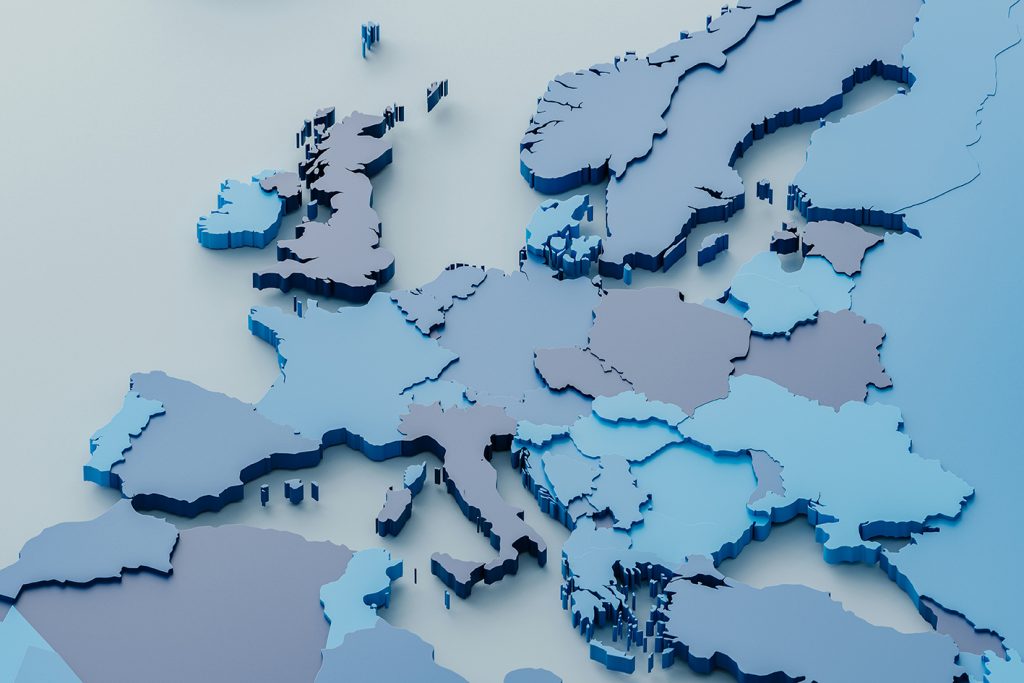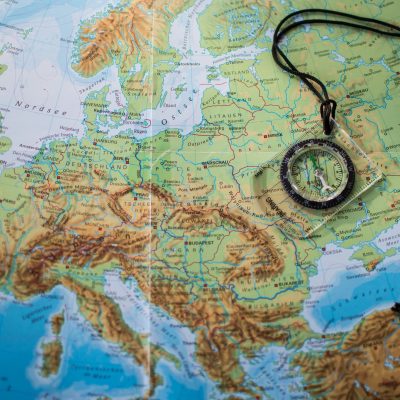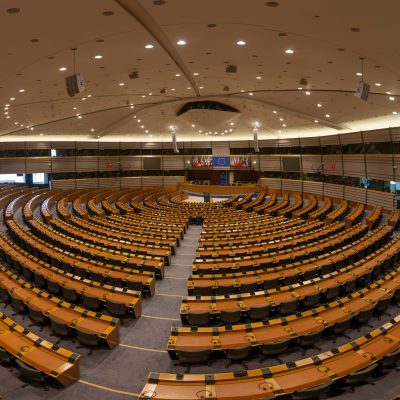Towards a “Europe of Democracy”: How the Iberian enlargement democratised European integration

Democracy is assumed to be a foundational principle of the European Union. Yet, it was not until the Single European Act (SEA) that the word “democracy” made its way into Community law. As the academic literature notes, the absence thereof reflects how the European project was initially conceived to be an economic initiative that would have as its primary moral commitment the preservation of peace in the European continent rather than the protection of democratic rule. The signature of the SEA in 1986 coincided with the official accession of Spain and Portugal into the European Economic Community. The Iberian nations’ enthusiastic embrace of the European project was driven by popular desires to transition towards democracy, viewing Europe as a symbol of unity and prosperity. In this vein, a euphoric consensus has remained omnipresent in both countries’ European policy ever since. Soon after becoming member states, the Treaty of Maastricht (1992) finally institutionalised this shift, articulating democracy as a tangibly binding principle that would guide all state and European institutions.
The role of the Iberian nations in constitutionalising democracy in European treaties has been hitherto overlooked in academic and policy discussions. This paradox yields the question: to what extent did the accession of Spain and Portugal to the European Economic Community lead to the codification of the principle of democracy in the treaties?




